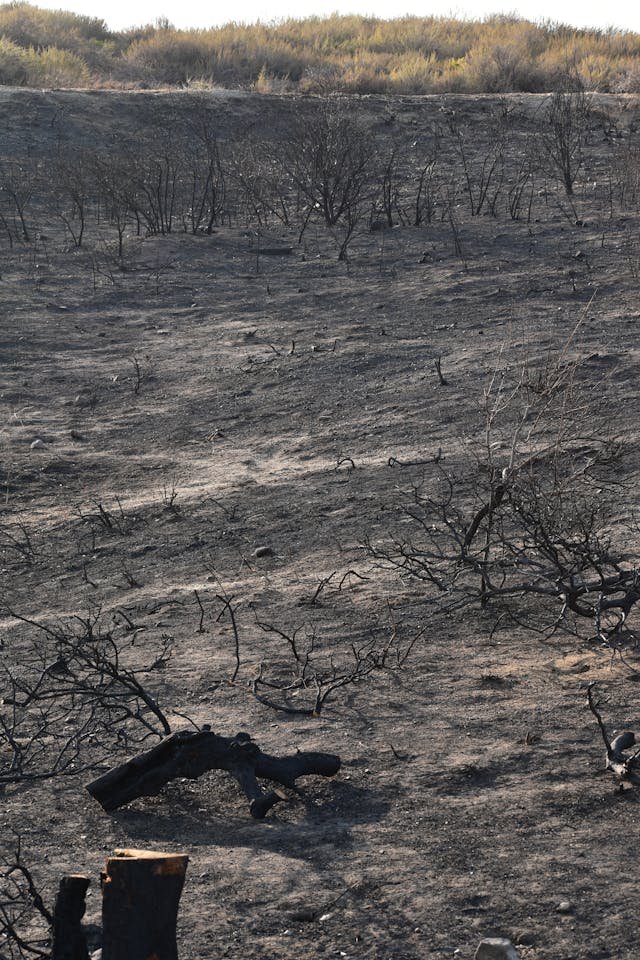The complex nature of global issues
Here’s a concise overview of six key global issues, highlighting positive and negative trends in each category
Crisis
Getting Worse
- Conflicts and instability, especially in regions like the Middle East and parts of Africa, are leading to humanitarian crises and displacing millions.
- Cybersecurity threats and misinformation campaigns are increasingly destabilizing economies and political systems.
- Economic disparity continues to widen, with inflation and rising costs affecting low-income populations disproportionately.
Getting Better
- International cooperation on humanitarian aid has increased, with more partnerships and funding directed toward emergency responses.
- Technological advances in crisis response (e.g., AI for disaster prediction) are improving preparedness and resilience.
- Awareness and accountability for war crimes and human rights abuses are improving through initiatives by international organizations.
Food and Water
Getting Worse
- Climate change is impacting agricultural yields, leading to food insecurity in vulnerable regions.
- Water scarcity is worsening, especially in areas with limited infrastructure and arid climates, affecting millions.
- Rising costs of food staples are contributing to malnutrition and food shortages in low-income areas.
Getting Better
- Innovative farming techniques, such as vertical farming and hydroponics, are helping boost local food production.
- Global initiatives for food security, like the World Food Programme, are scaling efforts to combat hunger.
- Investment in water desalination and purification technologies is growing, increasing access to clean water in water-stressed regions.
Health
Getting Worse
- Non-communicable diseases like diabetes, cancer, and cardiovascular issues are on the rise due to lifestyle changes and aging populations.
- Mental health issues are increasing globally, exacerbated by economic stress, social pressures, and limited mental health services.
- Antibiotic resistance is a growing threat, with new resistant strains emerging faster than treatments can be developed.
Getting Better
- Advancements in medical technology, such as telemedicine and AI diagnostics, are making healthcare more accessible.
- Vaccination programs have led to the near-eradication of certain diseases and improved immunization rates.
- Increased global focus on public health, with substantial efforts toward combating pandemics and improving overall health infrastructure.
Education and Work
Getting Worse
- Economic shifts and technological advancements are leading to job losses and widening skills gaps, especially in low-skill sectors.
- Disparities in education access remain, with many children in low-income countries still out of school or lacking basic resources.
- Rising education costs in developed countries are creating barriers for young people seeking higher education and skill development.
Getting Better
- Online learning platforms are expanding access to quality education, enabling learning in remote and underserved areas.
- Global initiatives to promote STEM education and vocational training are helping to reduce the skills gap.
- Increased awareness of work-life balance is leading to improved labor policies in many regions, promoting worker well-being.
Climate
Getting Worse
- Global temperatures and extreme weather events continue to increase, driven by climate change.
- Biodiversity loss is accelerating due to habitat destruction, pollution, and climate pressures.
- Greenhouse gas emissions are still rising in many regions despite pledges to reduce carbon footprints.
Getting Better
- Renewable energy sources, such as solar and wind power, are becoming more accessible and widely adopted.
- Countries are implementing stricter environmental regulations and committing to sustainability goals, such as net-zero emissions.
- Public awareness and activism around climate issues are pushing governments and corporations to adopt more sustainable practices.
Equality
Getting Worse
- Gender inequality persists in many regions, with women and girls facing limited access to education, healthcare, and job opportunities.
- Income inequality is widening both within and between countries, as wealth increasingly concentrates among a small elite.
- Discrimination based on race, ethnicity, and sexual orientation remains pervasive in many societies, affecting equality of opportunity.
Getting Better
- Movements advocating for social justice and equal rights are gaining momentum globally, fostering policy changes and greater awareness.
- Companies and institutions are adopting diversity and inclusion initiatives, promoting fairer representation in workplaces and leadership.
- International organizations are putting pressure on countries to uphold human rights, with more monitoring and reporting mechanisms in place.






